Think-tank calls for Sadc to set up sovereign wealth funds
- By Zimpapers Syndication |
- 21 Dec, 2025 |
- 0
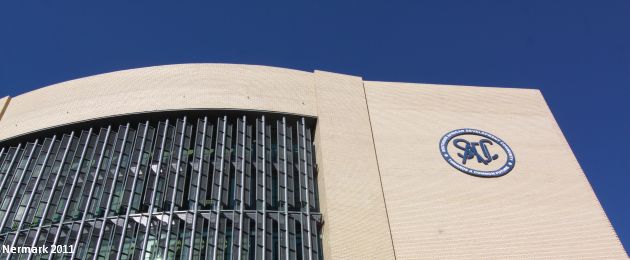
Sifelani Tsiko ---
Zimbabwe and most other Sadc countries should adopt practical steps to develop sovereign wealth funds financed out of mineral resources found in the region to help member states to overcome the severe constraints imposed by the volatility in international trade and vicissitudes in the global economy, a leading economic think-tank says.
Dr Gibson Chigumira, head of the Zimbabwe Economic Policy Analysis and Research Unit (ZEPARU) told the Zimpapers Syndication Services that sovereign wealth funds (SWFs) are particularly relevant to Southern Africa because resources funded from SWFs present viable strategies of sharing mineral wealth equitably with future generations and for macro-economic stabilization.
“Most countries in the Sadc region rely heavily on their mineral wealth, but minerals are non-renewable and can easily run out in the long run,” he says.
“The point is, how do you leverage on your mineral resources to stabilize the economy and to ensure future generations enjoy wealth from such resources. One way, is to create a sovereign wealth fund where you are basically saving for the future.
“If properly managed, the funds, can also be a useful tool for economic stabilization.”
This week, ZEPARU launched its latest edition of the Economic Barometer highlights outlining some emerging economic trends in the Zimbabwean economy.
The edition has a new structure which includes two special feature articles and an extended coverage of the review of the Zimbabwean economy. In addition to a compendium of economic data, the Economic Barometer also contains original analysis on projected future levels of inflation and the overall health of the Zimbabwean economy.
The report further touches on key indicators which measure performance of the economy and tracks regional and global economic developments that are linked to the performance of the Zimbabwean economy.
Dr Chigumira says the number of countries that are moving to establish SWFs is growing as economies explore ways to substantially raise living standards, generate employment, alleviate poverty and mitigate external shocks from the globalised economy.
“Sovereign wealth funds can be a tremendous source of wealth creation for Sadc nations for many years to come if managed prudently,” he says.
“Zimbabwe now has an Act and a board on sovereign wealth fund. As a country, we are in the process of establishing one and a board is in place. We are also still setting up a management team.”
Zimbabwe passed the Sovereign Wealth Fund of Zimbabwe Bill in September 2013 to establish the SWF which will be funded from up to a quarter of mining royalties realised from trade in gold, diamonds, coal, coal-bed methane gas, nickel, chrome, platinum and other mineral that may be specified.
Additionally, the fund will be supported from mineral dividends and government grants.
The main objective of the Zimbabwe fund is to support fiscal or macroeconomic stabilisation, including long-term economic and social development objectives and ‘smoothen national income of Zimbabwe during times of commodity fluctuations.’
The wealth fund, a nest egg for future generations, under the Sadc Industrialisation Strategy and Roadmap (2015 – 2063) adopted this year in Harare, is seen as a vehicle for poverty alleviation, a decent standard of living for all, industrialization and infrastructure development.
Part of the goal on SWF for Sadc calls for: “The establishment of Sovereign Wealth Funds with the specific aim of capacity building beyond the natural resource sector through the plough-back of mineral rents into infrastructure and human capital development, along with financing of downstream industrialization projects linked to a country’s natural resource endowment.”
Countries which have SWFs within the Sadc region include: Botswana, Zimbabwe, Angola and Tanzania while Lesotho, Zambia, Namibia and a few others are also contemplating establishing their own.
Diamond rich Botswana, established the Pula Fund in 1994 which holds a long-term investment portfolio set up under the Bank of Botswana Act and with a value estimated at US$5,7 billion.
It forms part of the country’s foreign exchange reserves and has a goal of preserving a portion of income from diamond exports for future generations.
According to a 2014 Sovereign Wealth Fund Institute report there were 15 African countries with SWFs, namely Algeria, Angola, Botswana, Chad, Equatorial Guinea, Gabon, Ghana, Kenya, Libya, Mauritania, Nigeria, Rwanda, Sao Tome and Principe, South Sudan and Tanzania by the of end of 2013.
Moves to set up SWFs were largely as a result of the vast mineral wealth that African countries are endowed with and pressure from falling commodities which forced most countries to set aside a portion of their surplus income arising from the extraction of their resources.
The institute on SWFs say up to 59,5 percent of global SWFs are funded by oil and gas revenues.
Economic and investment fund analysts say the largest African sovereign fund is Algeria’s Revenue Regulation Fund with assets worth US$77 billion, while the Libyan Investment Authority, prior to the civil war, was second, with total assets worth US$66 billion.
Angola (Fundo Soberano de Angola) has assets totaling US$5 billion, Nigeria (Nigeria Sovereign Investment Authority) – US$1 billion and Ghana (Petroleum Fund) - US$75 million.
Analysts further say that discoveries of oil and gas around the continent is set to fuel the launch of several other funds in countries such as Mozambique and Tanzania.
Zambia is also reported to be considering setting up their own fund to stimulate investment in strategic non-mining industries and diversify its economy from copper mining.
Analysts also say SWFs, though declining in the wake of plunging global commodity prices. Are helping some economies to stabilize their economies.
Significant headwinds generated by sustained global financial crisis, weak demand, rapidly declining oil prices and a turbulent global commodity operating environment has impacted negatively on most Sadc economies.
A string of other countries including Kenya, Liberia and numerous others on the continent are planning to follow suit, to set up SWFs.
In the early 2000s, high oil prices brought about a massive redistribution of income to oil exporters, resulting in current account surpluses and a rapid buildup of foreign assets, according to the IMF.
Governments established new sovereign wealth funds or increased the size of existing ones to help manage the larger pool of financial assets.
“The total assets of sovereign wealth funds are concentrated in a few countries. As of March 2015, it is estimated at $7,3 trillion, of which $4,2 trillion are oil and gas related. While there are large differences across sovereign wealth funds, available information on their asset allocation points to a significant share in equities and bonds,” a 2015 IMF report on SWFs states.
“With high oil prices throughout the 2000s, the aggregate current account balance of exporters reached about $630 billion in 2011, exceeding that of emerging Asia combined. The current account surpluses of oil exporters are vanishing in 2015, however, and it is unlikely that this decline will reverse soon. On current projections, their combined current account balances could recover to about $200 billion in 2020.”
Investment analysts say SWF should effectively be used to generate wealth for future generations, provide a buffer against external macroeconomic shocks and to support specific developmental goals.
In sub –Saharan Africa, growth is expected to slow down this year to 3,8 percent from 5 percent in 2014 owing largely to plummeting commodity prices, particularly oil and lower demand from China, which remains the largest single trading partner for this region.
Tightening global financial conditions have also added to the woes.
“Countries establishing new funds can learn from those that have managed successful funds, for example Norway, which has assets close to US$900 billion,” says Nesbert Ruwo, a Zimbabwean investment banker based in South Africa.
“It is not enough just to set money aside — there is need for SWF with good governance and clear investment mandates.”
And, it seems there is no doubt that it is important for Sadc countries to accumulate savings to provide a cushion for a rainy day, should the economy fall into a period of prolonged difficulties.
This, can at least ensure stability and long-term growth for Sadc economies which will have built up a store of national savings managed prudently.
No Comments


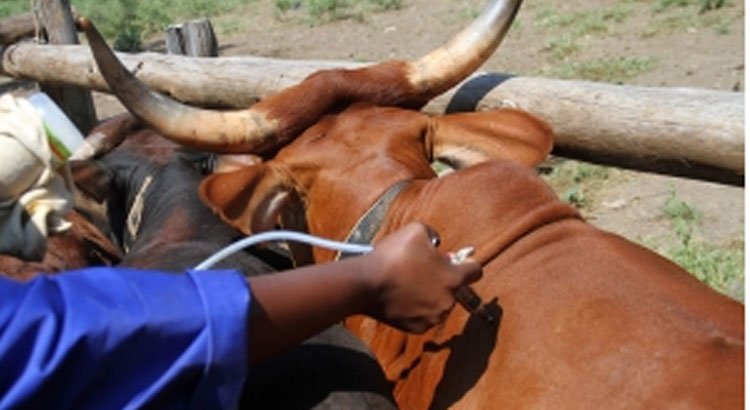
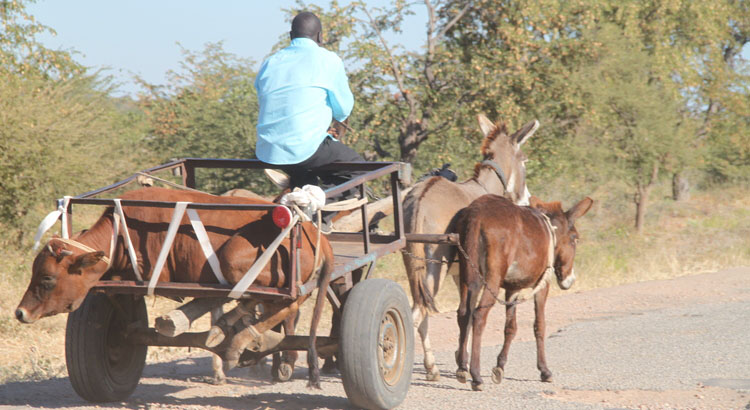

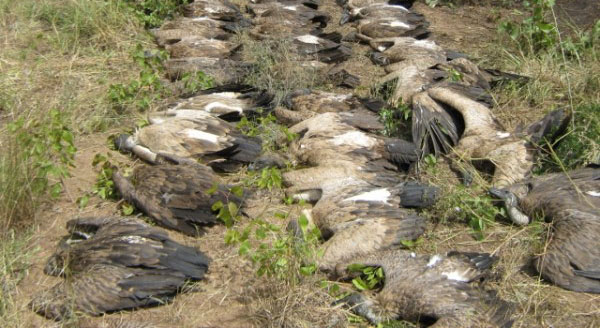
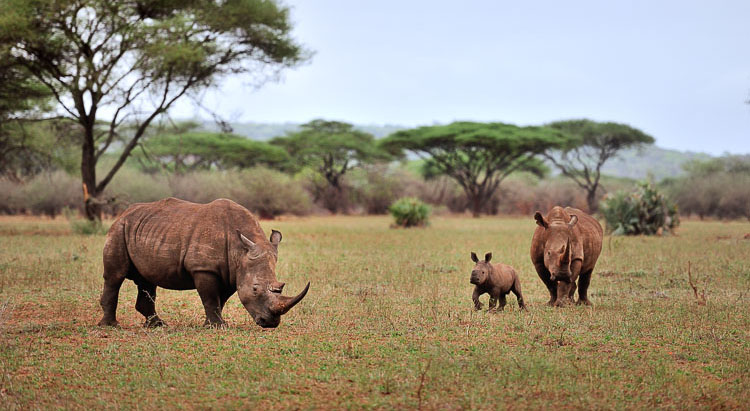


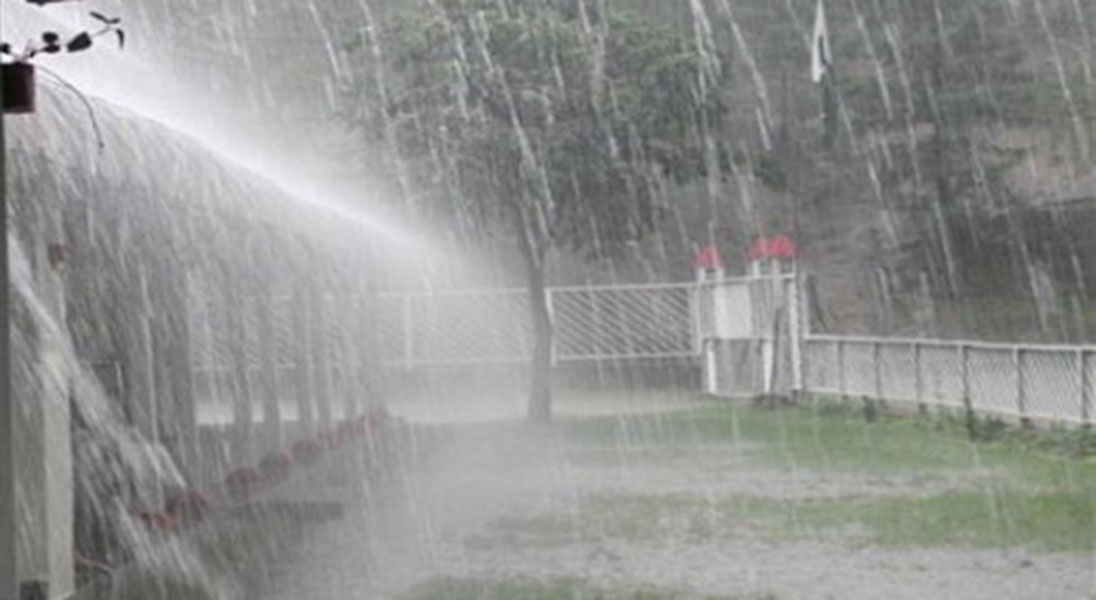
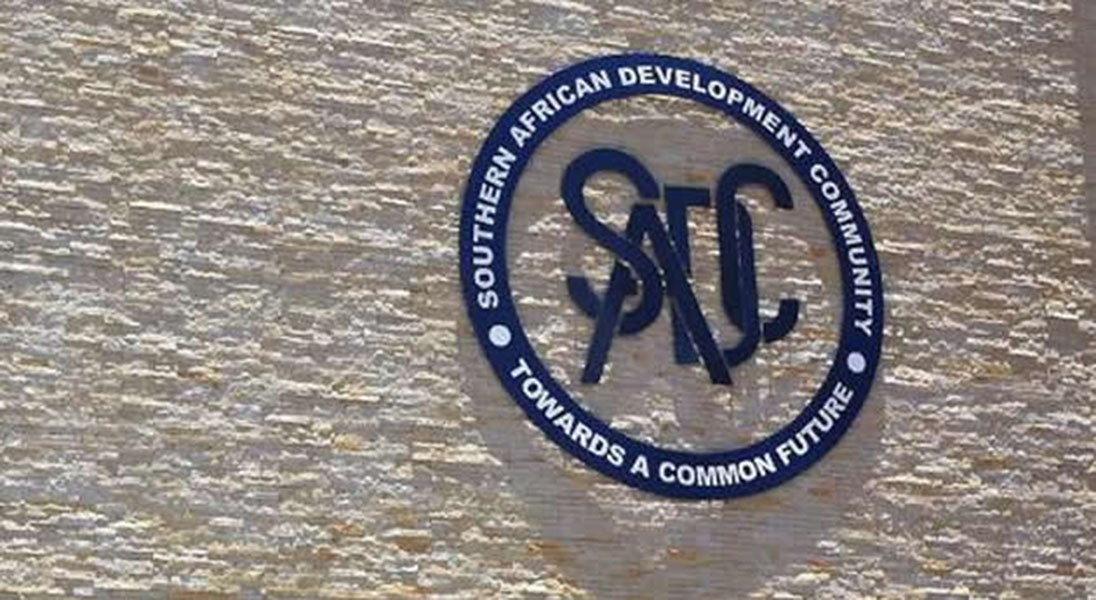
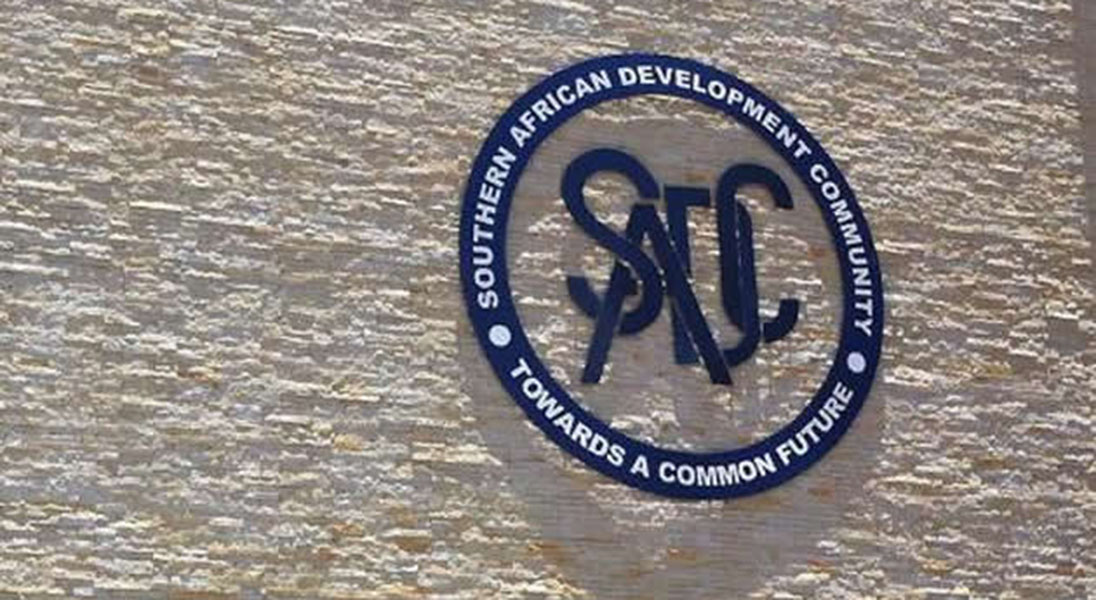
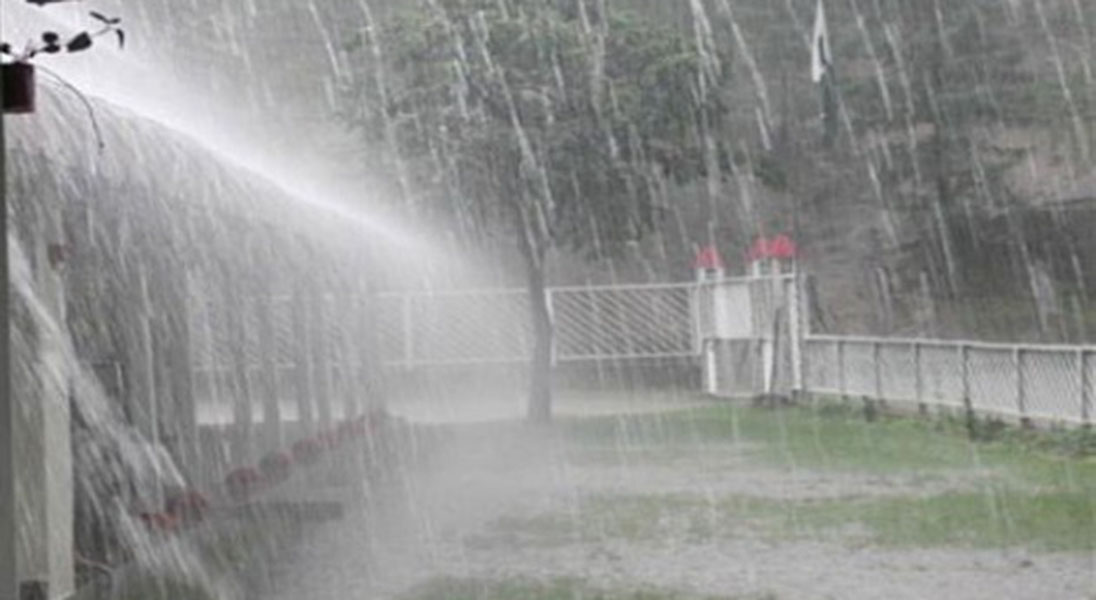
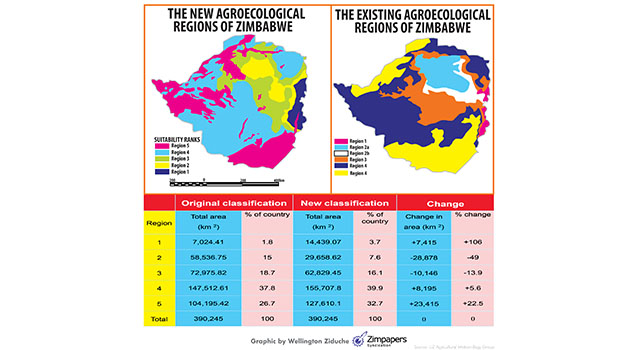
Comment